As humans, we often forget or don’t even realize that every meal we eat is impactful to our environment. In the era of the green revolution (the series of agricultural renovations of increasing crop output and variety, use of fertilizers made synthetically, and preservatives) it can feel a lot easier to just pick processed foods. Additionally, it can be quite daunting to actually consider our food choices and how it is shaping not only our body but the world around us. Despite this, a dedicated group of students at BHS are challenging these perceptions with their proactive initiatives for eating clean and throwing down in the kitchen!
The BHS Environmental Club works to educate students and their peers about mindful eating and the importance of knowing how to prepare healthy, enjoyable and eco-friendly foods! When it comes to eating well, it’s not only about building healthy ingredients but also the process of growing it and cooking it!
“The key is really empowering people on how to prepare it,” club sponsor Brian Burr said. “It’s easy to buy a bag of chips and just eat that, so it’s [about how you teach people how to not only grow it but then to know how to consume it and make it fun!”
Eating healthy isn’t just about avoiding harmful additives and reducing plastics/ microplastics. It is also about cultivating the art of culinary skills allowing people to actively cook the food that goes into their mouths and reduce their eco-footprint (the environmental impact from human activity). Burr has made efforts at his local food pantry to make produce more accessible—the club has also launched a project to build a community garden of fresh greens at the Brownsburg Library in hopes of getting community volunteers! This project is open in the spring and is open to students as well as parent volunteers.
It’s huge if you can get your food from local people,” said Burr. “Try to get as local as you can!”
But understanding the importance of clean eating is more than just observing the ingredients it consists of; it involves a dive into understanding how the environment is interconnected with our health.
“You talk about soil microbiome and how it mirrors the human gut biome, and therefore, you literally are what you eat,” Burr said.
The food that we eat is fuel, but at what cost- and what about the ecosystem producing this fuel?
For those looking to take action, Environmental Club offers simple advice to students interested in the impact that their diet has and preserving the environment. First and foremost, start out small.
“Growing is not that expensive,” Burr said. “Start a garden…. grow clean cucumbers and tomatoes and fruits and vegetables!”
Students can also explore the local farmers market on Thursday afternoons over the summer! They can experiment with the seasonal produce and get involved in sustainability projects (such as the community garden project) to help both inside and outside of the classroom!
As the Environmental Club’s efforts continue, they hope more students will take lead in clean eating habits.
“If we can have people educate us and deepen our understanding of clean practices, with the planet, there’s no going back,” Burr said.
Students can take the time to not only nourish their bodies but also the planet by eating clean and conscious cooking!
***How to Get Involved: Tips for students***
- ***Start with what you know*** Begin by using familiar ingredients. Try experimenting with new fruits and vegetables and learn how to prepare them in several ways.
- ***Grow your own food*** Whether it’s a small garden in your front yard or a lovely little plant on the windowsill, growing your own food can bring you a deeper understanding of plants and the food you consume.
- ***Recycle and be mindful of waste reduction***
- ***Conserve your water in your daily activities*** Ex: Turn off the sink while brushing your teeth instead of just letting the water run the whole time
In the end, The Environmental Club’s mantra is to inform the students that small and mindful changes to the way we eat, disposal of waste and utilization of water can make lasting changes to the environment. As students venture into clean eating and cooking, they can nourish themselves and contribute to a future of environmental sustainability!
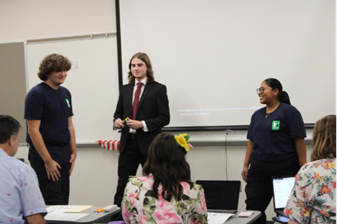
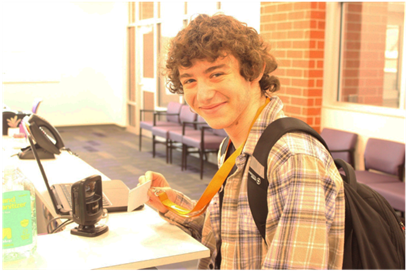
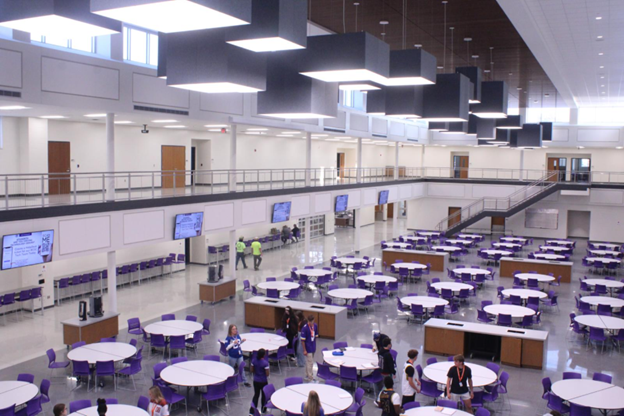

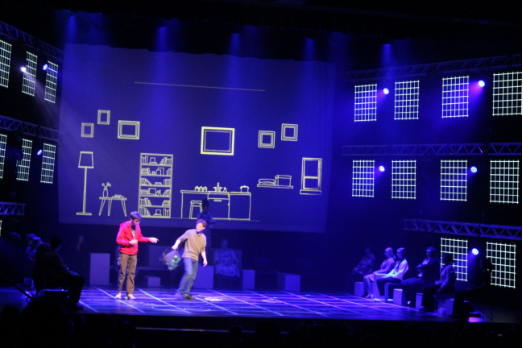
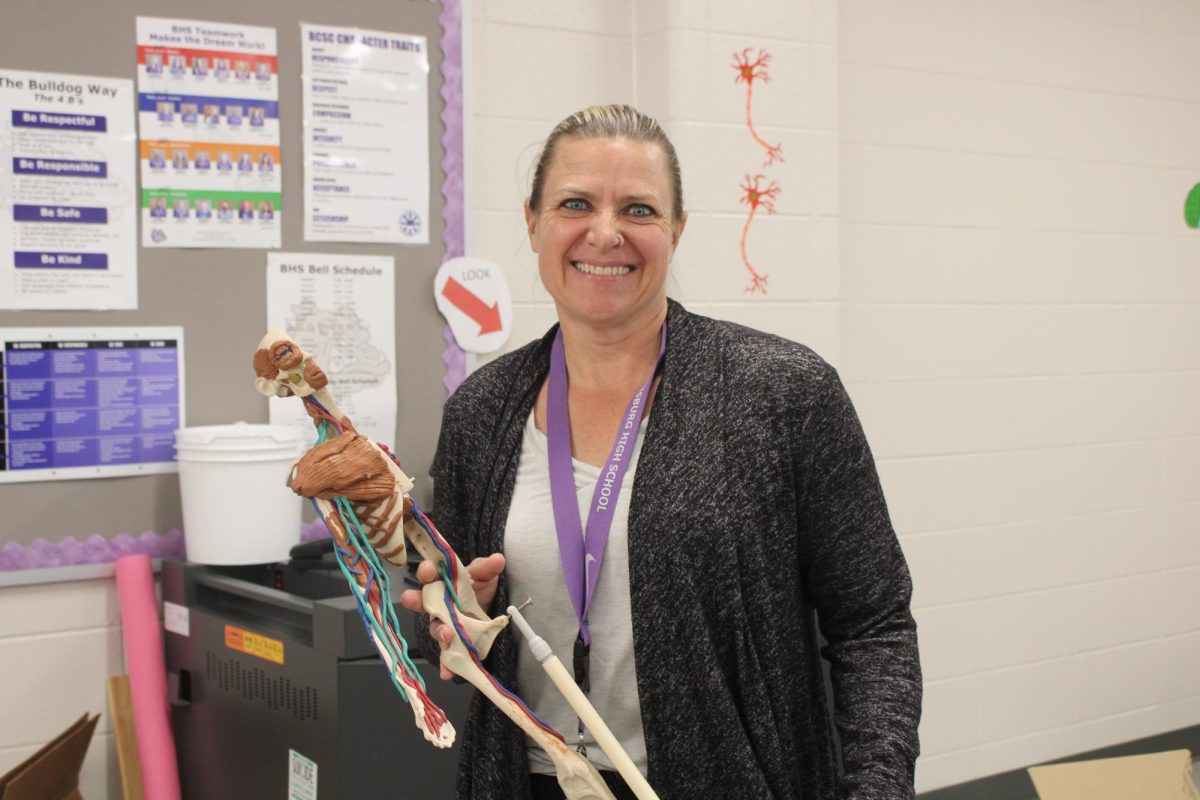


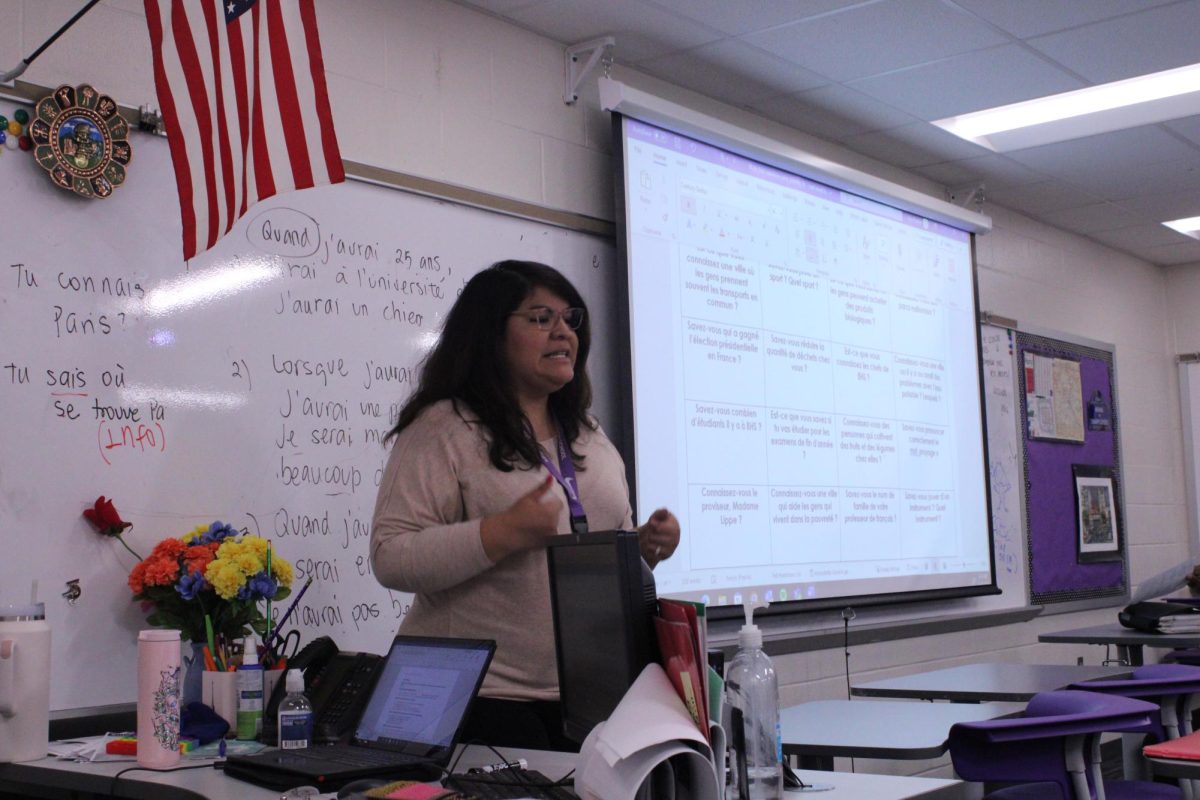


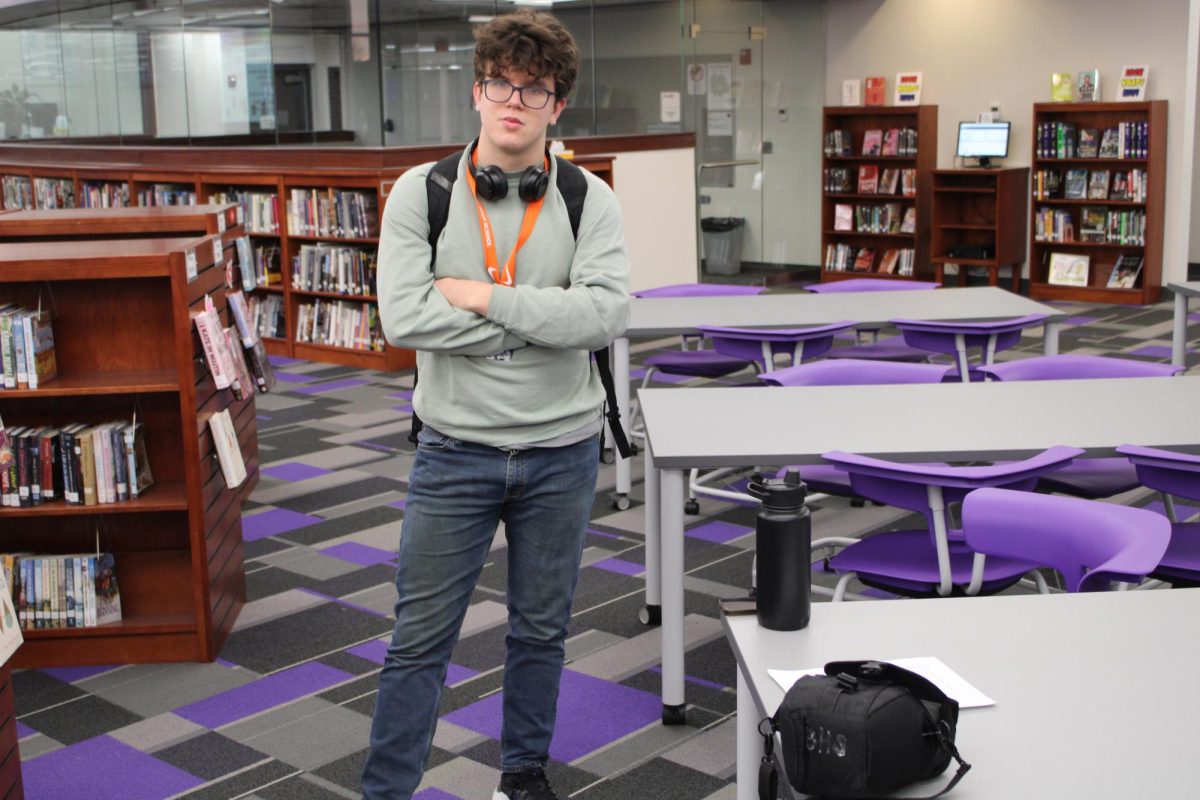
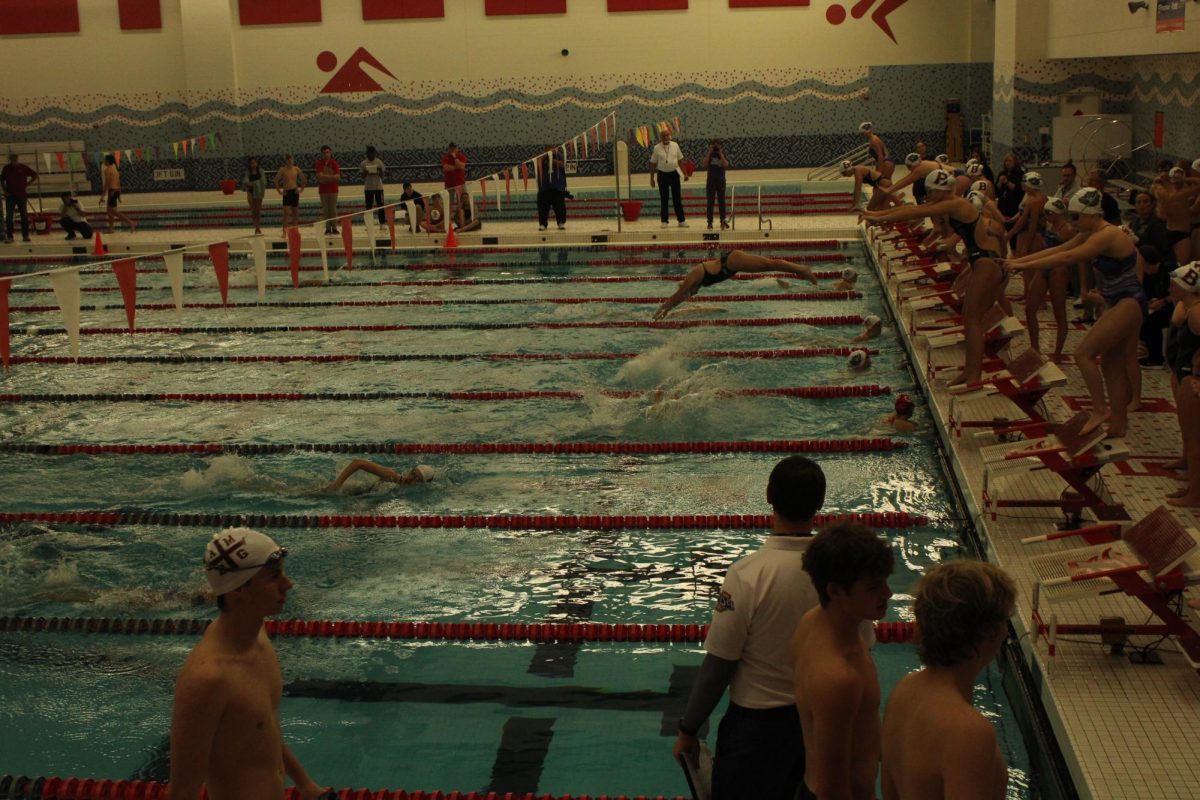
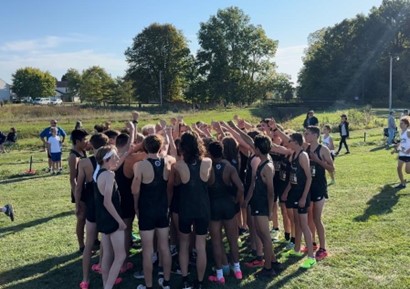




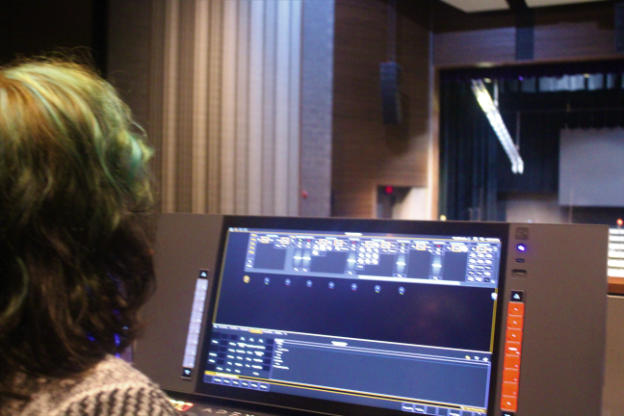
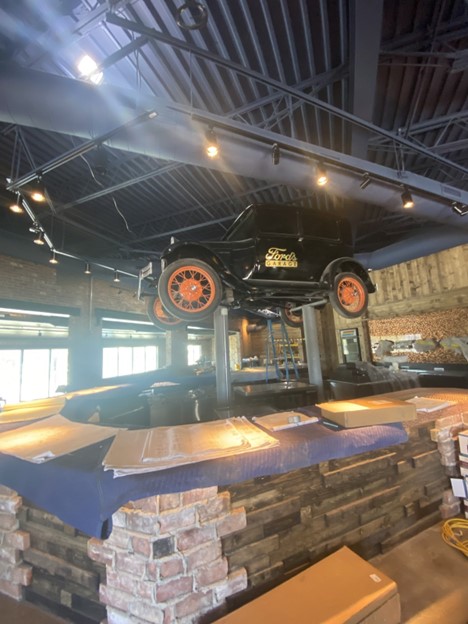





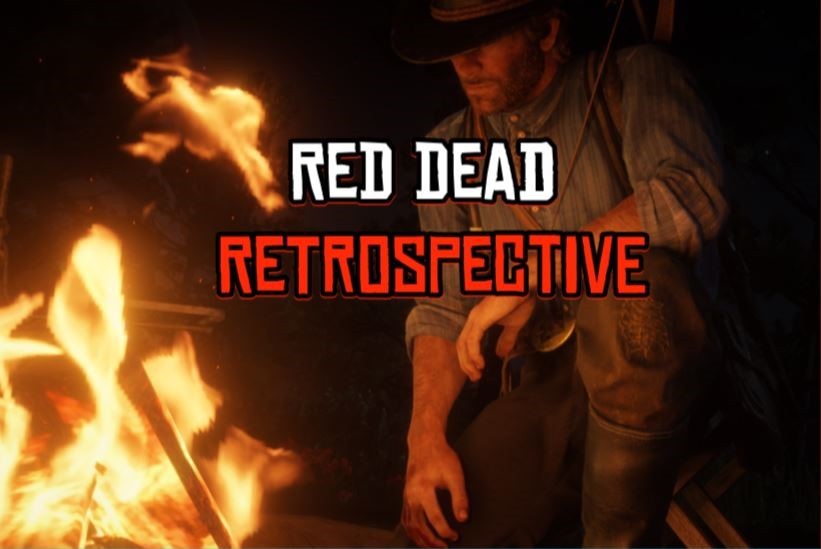

Brian • Feb 11, 2025 at 1:40 pm
Charlotte, thanks for letting me know about the article. So well written and I’m so grateful to have you a part of our environmental club as I’m sure the Paw Print is grateful for your obvious talent.
Sarah • Jan 26, 2025 at 7:28 pm
Wow! Great Article!!!